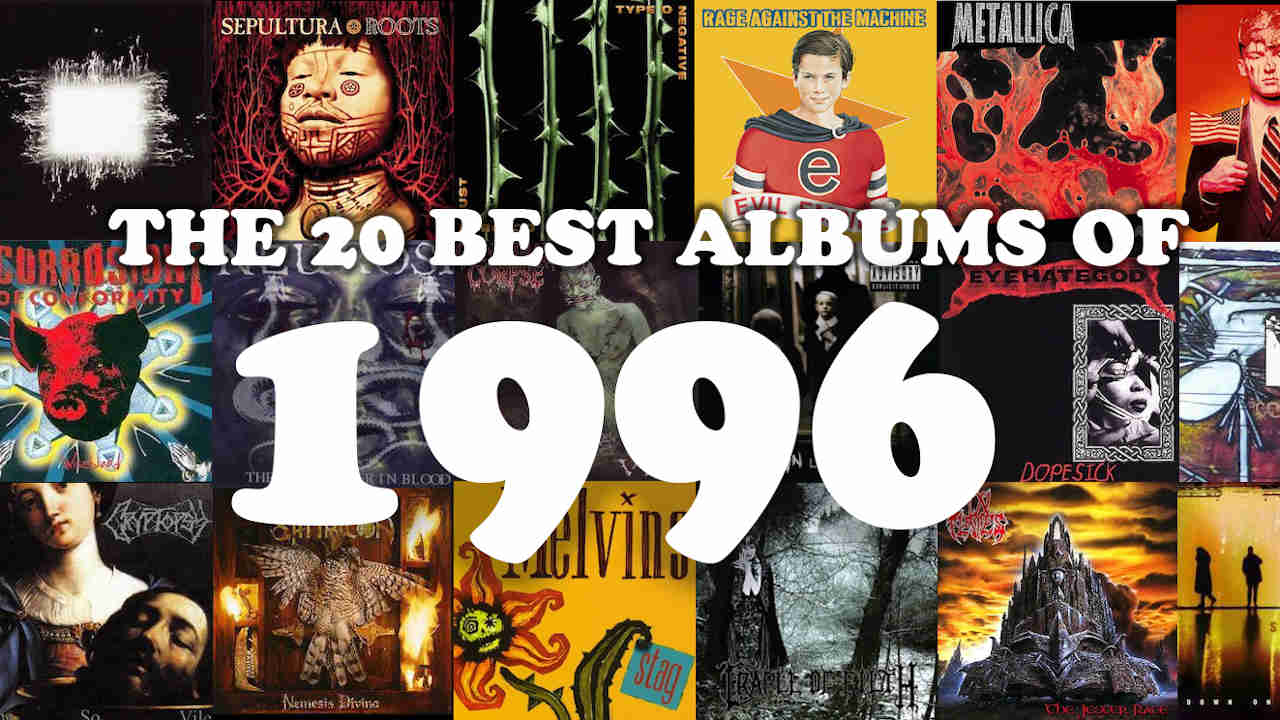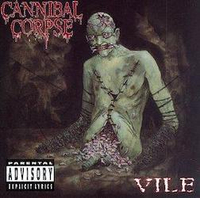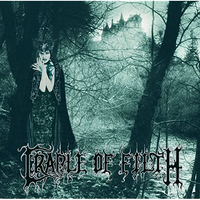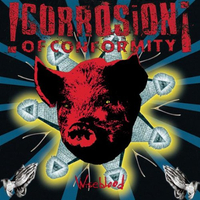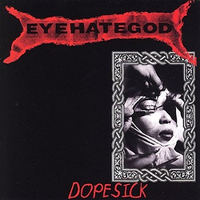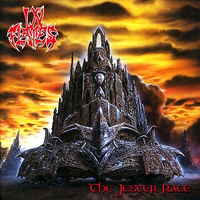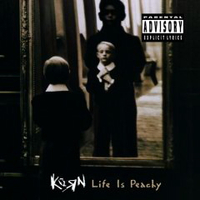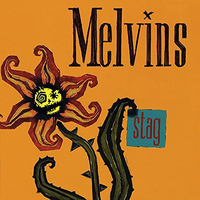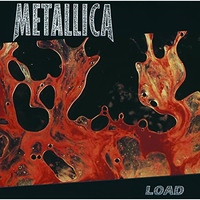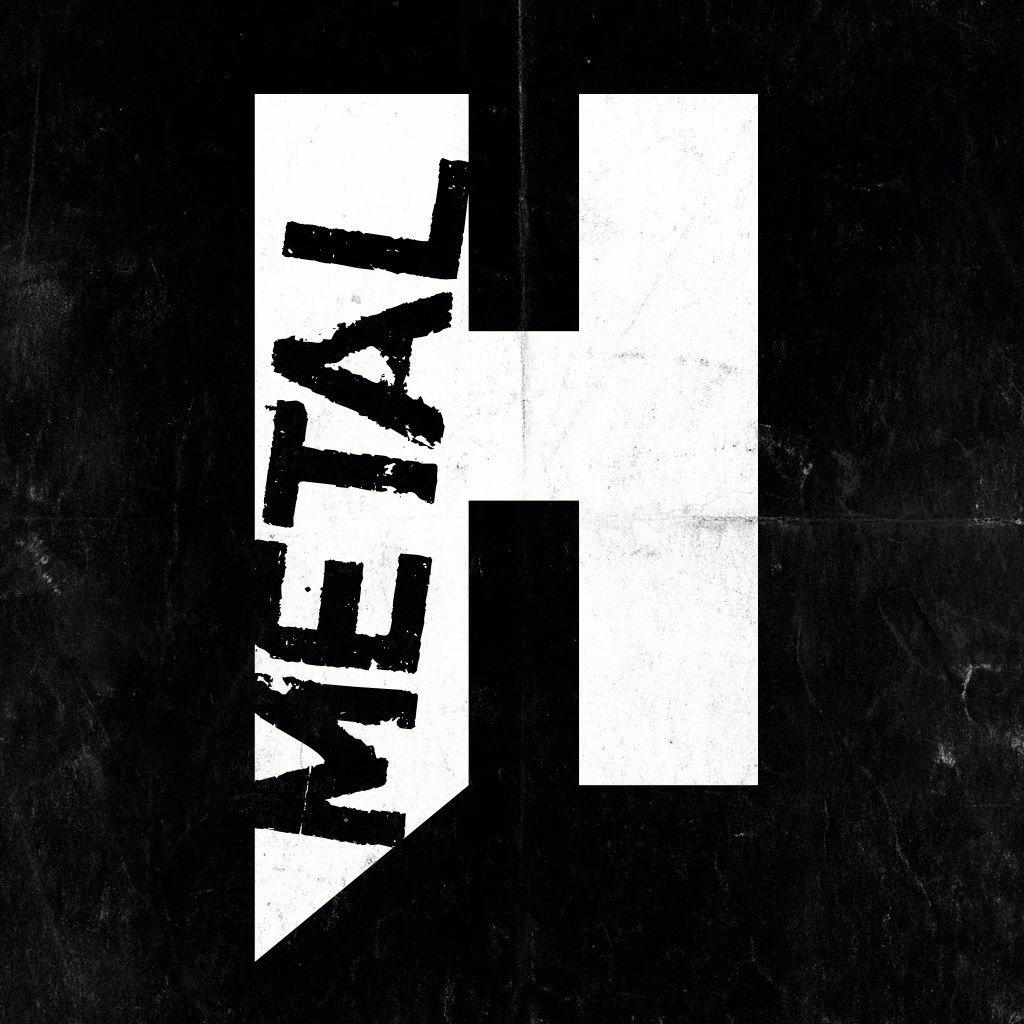Metal had seen off grunge and found its feet again by the second half of the 1990s. Yet aside from big guns Metallica, who released the divisive Load, this was a time when a new generation were mapping out the genre’s future on both sides of the Atlantic, from Rage Against The Machine and Tool to In Flames and Cradle Of Filth. These are the 20 albums that soundtracked that pivotal year.

Cannibal Corpse - Vile
The first album to feature World Of Warcraft-obsessed, mountain-necked vocalist George ‘Corpsegrinder’ Fisher. His ugly yet more decipherable death growls added a new impetus to the rapid-fire vulgarity of Devoured By Vermin and Mummified In Barbed Wire and saw the band carry on refreshed and with the same carnivorous zeal.
Converge - Petitioning The Empty Sky
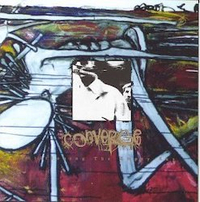
Petitioning The Empty Sky is an unfairly overlooked album in Converge’s stellar arsenal. Taking their early, proto-metalcore ideas and pushing them into totally new territories, the band, along with peers in Coalesce and Cave In, had really begun the process of warping hardcore into something totally new. And you won’t find many albums that can top the opening three-track whammy of The Saddest Day, Forsaken and Albatross. If you’ve not heard it, rectify that now.
Cradle Of Filth - Dusk… And Her Embrace
The pinnacle of Cradle Of Filth’s ‘green period’ – as Dani has called it – Dusk… is a masterclass in extreme metal and, to most, the defining Filth record. Epics such as Heaven Torn Asunder and A Gothic Romance (Red Roses For The Devil’s Whore) are inspired by Sisters Of Mercy as much as they are Emperor, taking the ugly face of black metal and spurting a garishly gothic seed all over it.
Put simply, Dusk… And Her Embrace is a masterpiece. Everything from Dani’s yearning, Byronic lyrics to the expansive production values; from Nicholas Barker’s infernal drumming to Venom’s Cronos popping up on album closer Haunted Shores just reeks of ambition, and most bands in this situation would crumble like biscuits under the feet of Stormtroopers. Not Cradle Of Filth.
Corrosion Of Conformity - Wiseblood
The story of Corrosion Of Conformity is almost certainly unique in metal, primarily because they have changed heavy music irrevocably on at least two separate occasions. This album marked the culmination of their journey from hardcore snarlers to Southern-rock-infused metallers.
With Pepper Keenan installed as frontman, 1994’s Deliverance and its 1996 follow-up Wiseblood established COC as leading lights in the then-flourishing stoner rock and doom scenes, re-injecting some much-needed Iommi-saluting heft into mainstream metal.
Cryptopsy - None So Vile
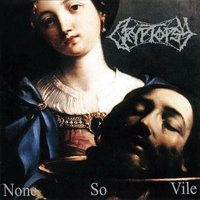
It’s impossible to talk about technical death metal without mentioning this second album from Montreal’s Cryptopsy. Sit back and revel in the twisted lyricism of vocalist Lord Worm - served via an unholy torrent of inhuman gutturals and demonic shrieks - whilst the hyper blasts of Crown Of Horns and Slit Your Guts’ disturbing tremolo picking offset by relentless breakdowns pound your cranium into ruthless submission. Brutal and beautifully chaotic, None So Vile remains the pinnacle in the band’s discography and is a must-have for any extreme metal fan’s collection.
Eyehategod - Dopesick
Eyehategod’s chaotic, dysfunctional lifestyle often seemed as much as a part of their sound as Sabbath-blasted hardcore riffs, with tragedy, addiction, affliction and disaster all ensuring the band were as sick mentally, physically and psychically as they were sonically. The clue’s in the title of their third album. By the time it came out, certain elements within the band were in the throes of full-blown heroin addiction, and the difficulty of the lives they were living is captured here. Illness and unease rises off Dopesick like the stink on something that's crawled under the porch to die, and immersing yourself in it feels tantamount to voyeurism.
In Flames - The Jester Race
The Swedes recruited Anders Fridén for their classic second album, proving the Gothenburg Sound was no mere flash in the pan.
They would make bolder and better records further down the line, but In Flames’ second studio outing established a thrilling, effervescent blueprint for the Gothenburg scene’s most successful band.
It’s a simple formula – Maiden-style melody with a death metal delivery – but a gloriously effective one that has had a colossal, enduring impact on how metal sounds today.
Korn - Life Is Peachy
While much-anticipated follow up to one of metal’s greatest debuts, was a far more experimental and occasionally wacky record than its predecessor, it features moments of genuine brilliance: No Place To Hide, the cover of Ice Cube’s Wicked featuring Chino Moreno of Deftones, the unsettling Mr. Rogers and the manic Chi. But they’re all topped by the savage Good God, which can lay a claim to being the best song Korn have ever written. It’s just the silly bits in the album – a cover of War’s Low Rider, the pointless drifting of Porno Creep and the expletive riddled Kunt! – that lets it down overall.
Melvins - Stag
If you were in the know, then Melvins signing to Atlantic Records was the most hilarious example of the mainstream losing its mind and signing anything even vaguely alternative in the post-Nirvana boom of the mid-90s. Buzz Osbourne’s crew of weirdos always prided themselves on their incomprehensible melding of Captain Beefheart and Celtic Frost, and even though Stag is one of the best places for the uninitiated to start their journey into Melvins’ world, it confused the hell out of anyone that thought they might be getting another Stone Temple Pilots. The album is breathtakingly superb on its own but if you add in the context then and you’ve got one hell of a trip.
Metallica - Load
Newly shorn and sporting eyeliner, Metallica backed off further from thrash metal here. Ever the stoic, James Hetfield left the guyliner to the poseurs and attended to more serious matters, reflecting upon his mother’s death in the southern rock ballad Mama Said, facing his demons on the portentous Bleeding Me, spitting pure vitriol on the Motörhead-inspired Ain’t My Bitch.
Load marked a new era: where The Black Album had included a little token thrash metal, Load had none. Metallica put their own past behind them. Their most controversial album – well, until Lulu surfaced – and their most underrated.
Metal Hammer Newsletter
Sign up below to get the latest from Metal Hammer, plus exclusive special offers, direct to your inbox!
